
Photo: chiến nguyễn bá

Photo: chiến nguyễn bá
This page is more than one year old.
The phenomenon of mishearing song lyrics is a common experience, and when we realise that ABBA, for example, aren't in fact singing "feel the beat from the tangerine," it can be an amusing phenomenon too, but one we accept. When we listen to music, our brains sometimes misinterpret lyrics, leading to the creation of entirely different phrases. So, should we also be as accepting and open to the possibility that we could also be mishearing sounds captured as EVPs?
Misheard lyrics, often playfully known as "mondegreens," have a long history in popular music, with some becoming almost as famous as the songs themselves, but their comparison to EVPs should teach us a valuable lesson.
EVP, or Electronic Voice Phenomenon, is where investigators use audio recording devices to capture sounds believed to be spirit voices that are not audible to the human ear at the time of recording. However, these recordings are often of low quality, with background noise, static, and other distortions. When ghost hunters analyse these recordings, they're engaging in a process not unlike trying to decipher misheard song lyrics. The ambiguity of the sounds in EVPs, coupled with the human tendency towards pareidolia, means that interpretations can be highly subjective and prone to personal biases.
When listening to music, misheard lyrics happen despite the high quality of the audio and the clarity of the production, something that is often lacking in EVP recordings. This misinterpretation is not just a quirky human error but is rooted in how our brains process and make sense of sounds, a phenomenon known as "pareidolia." When certain words in songs are too quick, hard to understand, or ambiguous, our brain tries to fill in the gaps, which can lead to a misinterpretation of what's being said.
With misheard lyrics, we often fit what we think we hear in with the number of syllables, this is also true of EVPs. The tendency to match auditory perceptions with an expected number of syllables plays a significant role both in mishearing song lyrics and interpreting EVPs.
In the case of songs, when we mishear lyrics, our brains often try to fit the sounds we hear into a similar number of syllables as the actual lyrics. This process helps to create a coherent interpretation that fits within the context of the song's rhythm and melody. For example, if a particular line in a song has four syllables and we can't quite make out the words, our brain is likely to interpret what we hear as a four-syllable phrase, even if what we come up with doesn't exactly match the actual lyrics.
Similarly, in EVP recordings, when ghost hunters encounter indistinct sounds or noises, there is a natural inclination to interpret these sounds as words or phrases with a similar number of syllables. For instance, a two-beat sound in an EVP might be interpreted as a two-syllable phrase like "get out," especially if the investigators are in a location where they expect to hear warnings or messages from spirits.
It's not just haunted locations that set the context, it's the questions asked or the audio surrounding the EVP. If we're primed to hear certain words or phrases, we're more likely to perceive them, even if they're not actually present. The context of a song, including its theme or the rest of the lyrics, can set expectations for what might come next, shaping our interpretation. This is quite telling for those people who hear Bon Jovi singing "It doesn't make a difference if we're naked or not," instead of the actual line in 'Livin' On A Prayer,' "It doesn't make a difference if we make it or not."
The human brain is wired to seek out patterns, especially familiar ones. In the case of misheard lyrics, this pattern recognition can lead us to interpret ambiguous sounds as words or phrases that we know, even if they don't match the actual sounds perfectly. This is also true of the phenomenon of "backmasking" in music, where listeners believe that when a song is played backwards, they can hear words and phrases that have been intentionally recorded backwards and hidden on the records, but in most cases, it is nothing more than the human brain trying to find order in chaos. Some of the most memorable examples of this are in songs by The Beatles. Many fans claim to have heard "Paul is dead" in 'Strawberry Fields Forever.'
Some words or phrases can sound remarkably similar, especially when sung rather than spoken. This phonetic ambiguity can easily lead to misinterpretation, as our brain opts for the most familiar or sensible option. Like the words "the sky," which are easily mistaken for "this guy," in a line of the Jimi Hendrix song 'Purple Haze', which is often misheard as "Excuse me while I kiss this guy."
Our beliefs, experiences, and cultural background can influence how we interpret sounds. This cognitive bias means that two people might hear the same song but interpret the lyrics differently based on their individual backgrounds. However, in ghost hunting, the context of a supposedly haunted location and the expectations of hearing something paranormal can heavily influence what investigators believe they're hearing in EVPs. If they are expecting to hear a ghostly voice, this cognitive bias means their brains are more likely to interpret ambiguous sounds as words or sentences.
This subjectivity is pivotal in the debate over EVPs. While some ghost hunters are convinced they hear clear, meaningful communication from spirits, skeptics argue that these are merely auditory illusions, akin to mistakenly hearing "Hold me closer, Tony Danza" instead of Elton John's actual lyric, "Hold me closer, tiny dance." The poor quality of EVP recordings only exacerbates this issue, making it more likely for individuals to project their expectations and beliefs onto what they hear.
In ghost hunting, interpretations of EVPs can be influenced by group dynamics. If one member of a ghost hunting team suggests they hear a specific phrase, others might be influenced to hear the same thing, similar to how a misheard lyric can become popularised and widely accepted. Once someone tells you that Anne-Marie is singing "shower the horse, I'm done," it can become impossible to unhear it.
When The Beatles sing "The girl with kaleidoscope eyes" in 'Lucy In The Sky with Diamonds' the line is sometimes misheard as "The girl with colitis goes by." Similarly, in Creedence Clearwater Revival's 'Bad Moon Rising,' the line "There's a bad moon on the rise" is frequently misheard as "There's a bathroom on the right."
These examples highlight how easy it is for listeners to misinterpret lyrics, especially when they are sung quickly or with a particular style that might obscure clear pronunciation. Once we are told the correct lyric, we often wonder how we ever misheard it in the first place, but importantly, we do accept it as a mishearing.
We should also be as open to the possibility that EVPs can be misheard. The phenomenon of mishearing song lyrics reminds us that what we hear might not always be what is actually there. We should always be ready to challenge the reliability and subjectivity of our auditory experiences.
Further Reading
Dive into the world of the paranormal and unexplained with books by Higgypop creator and writer Steve Higgins.
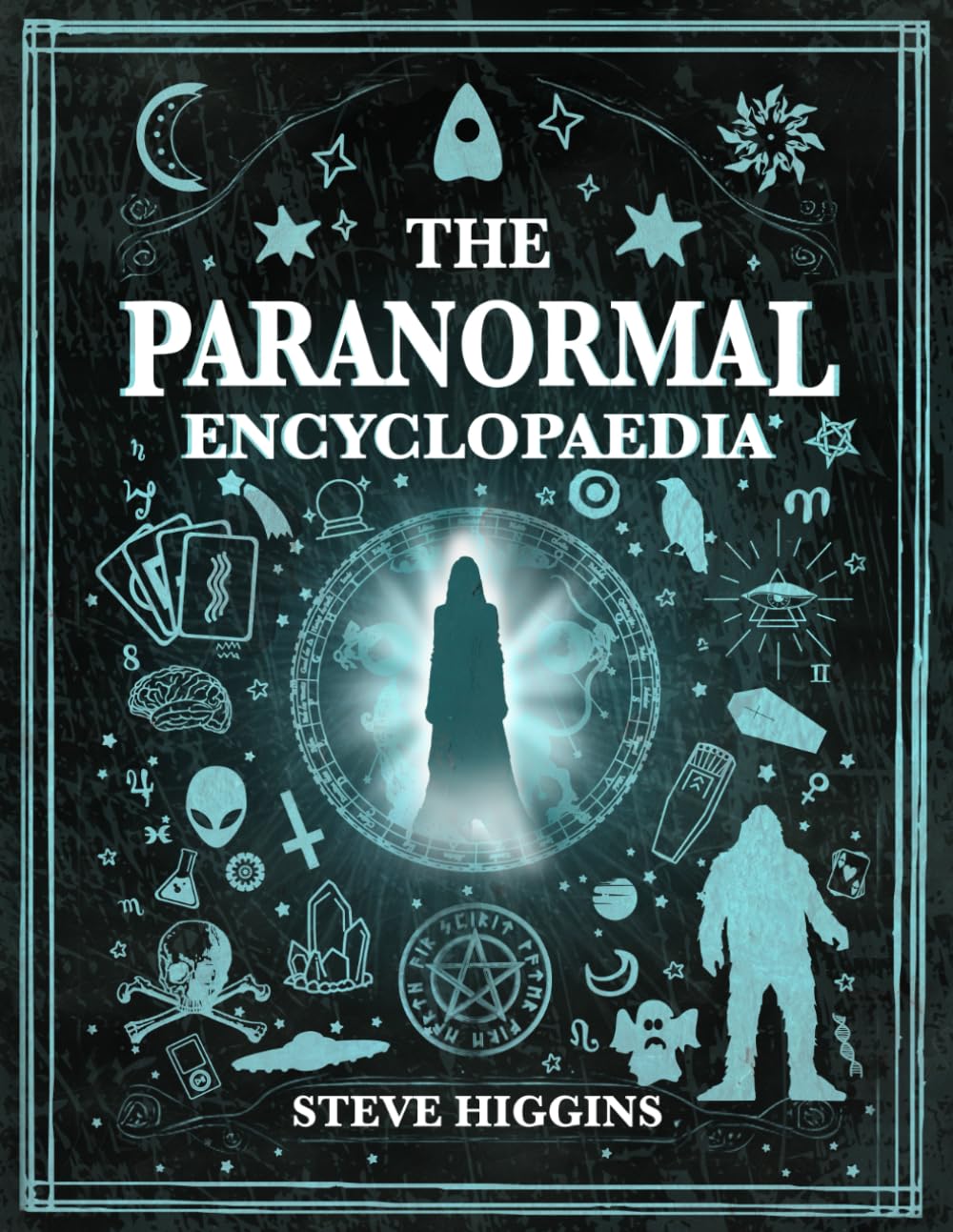
The Paranormal Encyclopaedia
A comprehensive encyclopaedia of over 200 unexplained topics, from mind reading to Ouija boards.
Buy Now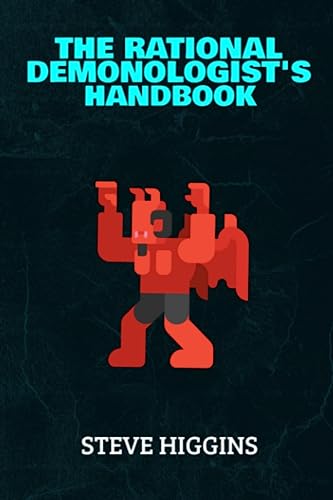
The Rational Demonologist
An exploration of demonic activity, including possession, protection, and exorcism.
Buy NowMore Like This

Robbie WilliamsFebruary 28, 2025
Robbie Williams Says UFO Came So Close, He Could Have Touched It
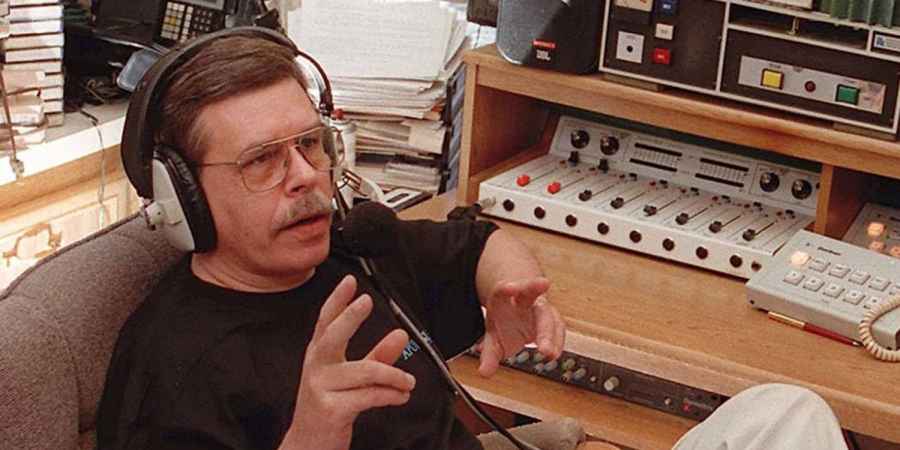
Art BellFebruary 17, 2025
What Is The Name Of Art Bell's Intro Song On His 'Coast To Coast AM' Show?
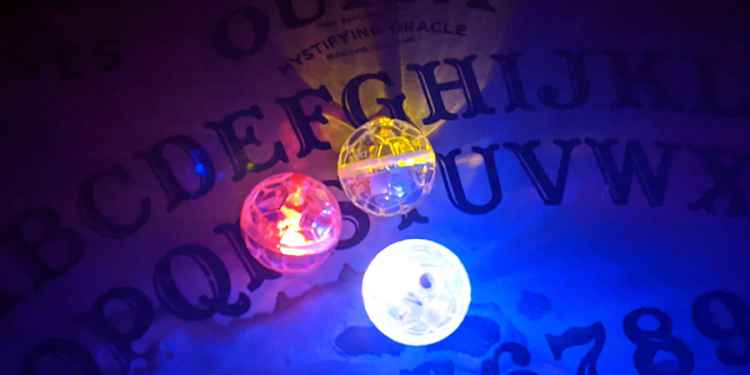
Ghost HuntingJanuary 26, 2025
These Are The Ghost Hunting Gadgets You Should Avoid If You Want To Be Taken Seriously As An Investigator
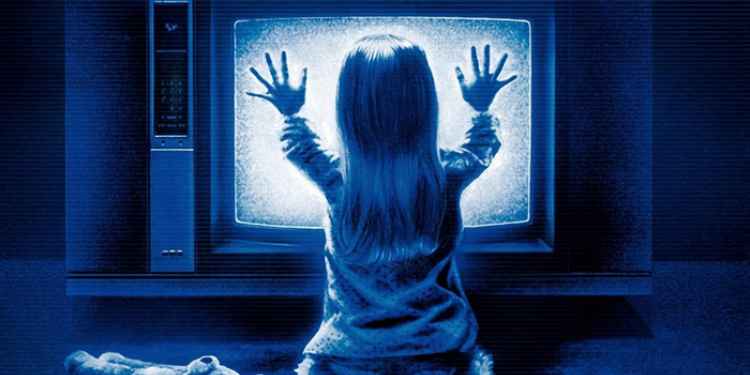
GamesDecember 09, 2024
Poltergeist Quiz
 See More on Audible
See More on Audible
Comments
Want To Join The Conversation?
Sign in or create an account to leave a comment.
Sign In
Create Account
Account Settings
Be the first to comment.